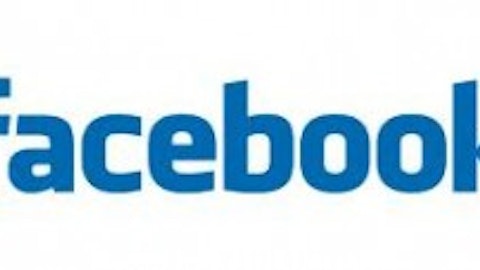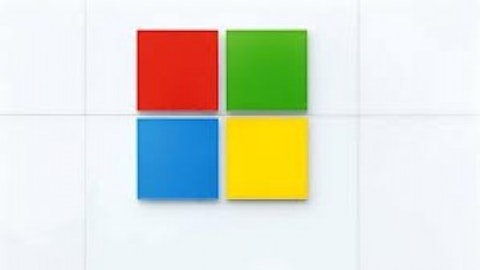If you are a short-term trader, the deal SUPERVALU INC. (NYSE:SVU) struck to sell its Retail Food division to Cerberus private equity had to feel like a big win. However, longer-term investors have watched the stock fall from $7 a share to under $2, before recovering to around $4 today. The question facing investors is, after this sale is there anything worth owning?
Cerberus Can Have It
To say that Supervalu’s Retail Food division has been underperforming would be an understatement. Cerberus is buying the Albertsons, Acme, Jewel-Osco, Shaw’s, and Star Market chains for about $3.3 billion, by taking $3.2 billion in debt off of Supervalu’s balance sheet, $100 million in cash, and investing 20% – 30% at $4 a share. I’m sure that Cerberus has done its due diligence, but from what I can see, this division is no great jewel. To be fair, Albertsons, Acme, Shaw’s, and the like compete with much stronger companies with better brands.

Facing These Companies, The Chance Of Success Is Slim At Best
Kroger is one of the best remaining diversified players in the traditional grocery business. The company’s diversified businesses include fuel centers, department stores, convenience stores, and jewelry stores.
Wal-Mart and Target are both favorite one stop shops for millions, where they can buy groceries, clothing, home goods, and more in one place. Wal-Mart has put the most emphasis on expanding with Super Wal-Mart’s that offer a full grocery store experience. Target has also stepped into the grocery business with about 75% of its stores offering an expanded grocery selection.
If traditional grocers are having problems with companies like Wal-Mart and Target, than Costco has to be their worst nightmare. Costco is willing to operate on razor thin margins to gain business, and they are growing by leaps and bounds because of it.
So What’s Left?
The Retail Food unit that generated almost $5 billion of sales last quarter from over 1,000 stores, will be relatively inconsequential at less than 200 stores after this deal is completed. The two remaining businesses are Save-A-Lot, which has 1,329 stores, and the company’s Independent business, which distributes to 1,950 grocery stores.
If Save-A-Lot is the future of Supervalu, the store’s results don’t bode well for the future. In the last few quarters, Save-A-Lot’s same-store sales have declined 4.6%, 3.5%, and 4.1% consecutively. The Independent business hasn’t exactly been setting the world on fire, with sales flat on a year-over-year basis recently. The remaining company will be comprised of roughly two-thirds Independent business, and one-third Save-A-Lot. With the majority of the company showing flat sales, and the rest showing same-store sales declines, Supervalu will still be a troubled company.
What About The Balance Sheet?
This is where the deal with Cerberus gets a bit murky. The equity firm is taking $3.2 billion in debt, but Supervalu has secured a $900 million credit facility, and a $1.5 billion term loan to support the deal. In the end, the company only reduces its debt by $800 million. After the deal, Supervalu will still carry over $5.3 billion in debt to just $7 million in equity. By comparison, Kroger has a debt-to-equity ratio of 1.8, Target comes in at 0.89, Wal-Mart at 0.57, and Costco at just 0.11. As you can see, even after this deal, Supervalu will have one of the weakest balance sheets in the industry.




